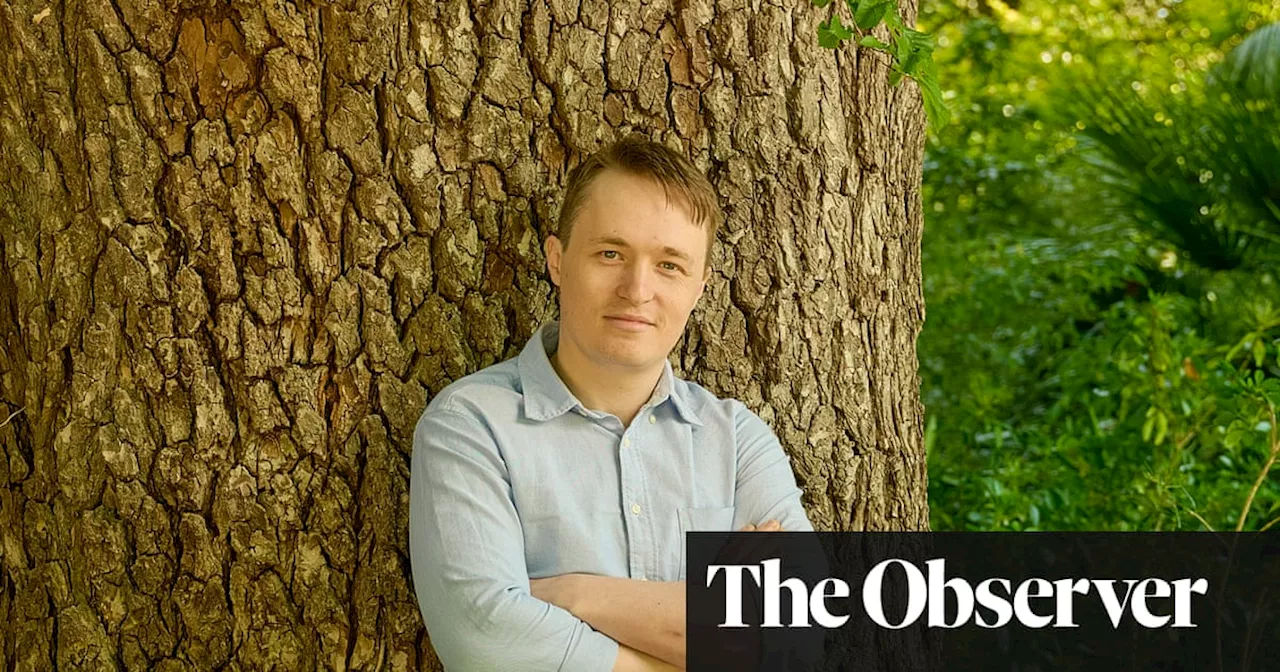Some of Australia’s top experts share what happens to our bodies and brains as the years pass, and what we can do to mitigate less-desirable changes.
Whether we like it or not, ageing is inevitable. But that hasn’t stopped it from becoming a source of both fascination and fear.
“The primary contributor is decreased physical activity,” explains Dr Angelo Sabag, an accredited exercise physiologist for the University of Sydney’s Get your heart rate up with short, hard bursts of activity or try high-intensity interval training . An example is six rounds of high-intensity cycling or running for 20 seconds to one minute, with equivalent rest periods in between.
Balance is also essential to prevent falls, and while the single leg test – standing on one leg for at least 10 seconds – is used to examine balance, incorporating single leg stances into training can also help.Mix up your activities – incorporating strength, endurance, speed and balance – as much as you can. Starting aerobic and strength training at any stage of life will have profound effects on our health, but the sooner we start, the higher our fitness ceiling.
Sometime in our 50s, 60s or 70s our taste buds start to age, which can diminish our sense of taste and enjoyment of food. Our digestive system starts to age too and our sphincter, around the top of our stomach, isn’t as good at keeping the stomach contents in, meaning reflux becomes more common.Any nutritional deficiencies, which often present first as constipation, high blood pressure, high blood sugar or ulcers, are confounded by poor dental condition, says Collins.
In our 40s and 50s, when skin cell renewal slows to 64 days instead of 28, our skin cells are drier and not as resilient. Our skin’s ability to repair itself also declines and, each year, we start to lose about 1 per cent of our elastin and collagen . Moisturise twice a day and use sun protection to minimise inflammation in the skin and the rest of the body.
“They’re moving all the time and sending up branches and withdrawing branches and so forth,” Brodaty says. “So it’s a very dynamic process.”
Australia Latest News, Australia Headlines
Similar News:You can also read news stories similar to this one that we have collected from other news sources.
 Primary School Teacher Overwhelmed by Severe Migraines, Repeatedly Denied Brain ScanNikki Purtill, a 25-year-old primary school teacher, suffered from severe migraines that affected her ability to function normally. Despite multiple visits to a GP clinic over 11 months, she was repeatedly advised to manage stress and was not referred for a brain scan despite worsening symptoms.
Primary School Teacher Overwhelmed by Severe Migraines, Repeatedly Denied Brain ScanNikki Purtill, a 25-year-old primary school teacher, suffered from severe migraines that affected her ability to function normally. Despite multiple visits to a GP clinic over 11 months, she was repeatedly advised to manage stress and was not referred for a brain scan despite worsening symptoms.
Read more »
 Microbes in the Brain: Uncovering Hidden Infections and Their Role in Neurological DiseasesOnce thought sterile, the brain is now known to harbor microorganisms like bacteria and fungi. This revelation could shed light on the role they play in diseases such as Alzheimer’s. A case study of Nikki Schultek, who was misdiagnosed and endured debilitating symptoms, highlights the importance of considering brain infections in neurological assessments.
Microbes in the Brain: Uncovering Hidden Infections and Their Role in Neurological DiseasesOnce thought sterile, the brain is now known to harbor microorganisms like bacteria and fungi. This revelation could shed light on the role they play in diseases such as Alzheimer’s. A case study of Nikki Schultek, who was misdiagnosed and endured debilitating symptoms, highlights the importance of considering brain infections in neurological assessments.
Read more »
 ‘With brain preservation, nobody has to die’: meet the neuroscientist who believes life could be eternalA brilliant young scientist believes that if we preserve our brains, they could be revived in the future, helping us live for centuries
‘With brain preservation, nobody has to die’: meet the neuroscientist who believes life could be eternalA brilliant young scientist believes that if we preserve our brains, they could be revived in the future, helping us live for centuries
Read more »
 27-Year-Old Man Charged in Hit-and-Run Leaving Victim with Brain InjuryA 27-year-old man was arrested and charged with four offenses following an alleged hit-and-run incident in Wollongong that left a 57-year-old man with a serious brain injury.
27-Year-Old Man Charged in Hit-and-Run Leaving Victim with Brain InjuryA 27-year-old man was arrested and charged with four offenses following an alleged hit-and-run incident in Wollongong that left a 57-year-old man with a serious brain injury.
Read more »
 Defence Agrees to Support Research on Blast-Induced Brain InjuryOne of the recommendations accepted in principle by the Defence includes working with Five Eyes partners on research initiatives for blast-induced brain injury. The aim is to ensure continuous support and progress in this area to address the needs of veterans.
Defence Agrees to Support Research on Blast-Induced Brain InjuryOne of the recommendations accepted in principle by the Defence includes working with Five Eyes partners on research initiatives for blast-induced brain injury. The aim is to ensure continuous support and progress in this area to address the needs of veterans.
Read more »
 Oxford Names 'Brain Rot' as Word of the Year, Reflecting Concerns About Excessive Online Content ConsumptionIn 2024, 'brain rot' has been named the Oxford word of the year. This term reflects the potential decline in mental capacity caused by overconsumption of trivial online content. A quiz is offered to help individuals assess their susceptibility to this issue.
Oxford Names 'Brain Rot' as Word of the Year, Reflecting Concerns About Excessive Online Content ConsumptionIn 2024, 'brain rot' has been named the Oxford word of the year. This term reflects the potential decline in mental capacity caused by overconsumption of trivial online content. A quiz is offered to help individuals assess their susceptibility to this issue.
Read more »
